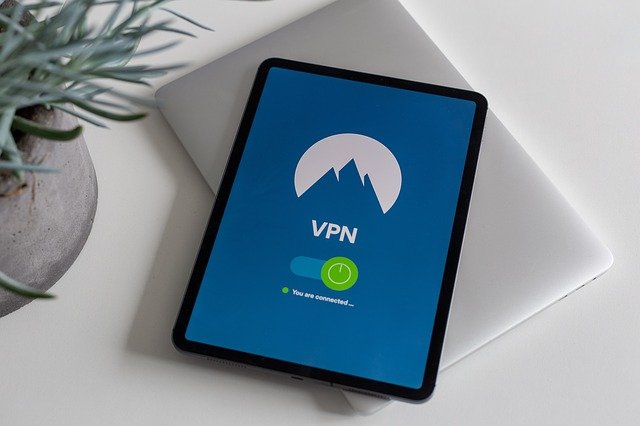
Nowadays, it is absolutely necessary to be continually linked to the Internet, both for business and for pleasure, and network access points might range from your house to the workplace or even the mall where we are shopping.
When we are away from home, we must be more cautious regarding our privacy, since data interception by malevolent or merely interested persons is a genuine possibility. Now that our lives flow via a variety of sites, including some extremely essential ones like our bank’s, we must be extra cautious about what we put into the network. What should you do in these situations? The answer is simple: utilize a virtual private network (VPN).
A VPN (Virtual Private Network) is a network connection solution that allows you to establish long-distance and/or secure network connections. Virtual private networks (VPNs) are generally built by corporations or organizations rather than individuals, but they may be accessed from within a home network. VPNs provide a number of advantages over other technologies, particularly when it comes to wireless local networks.
A VPN offers two primary advantages over other technologies for a business wanting to provide a secure network infrastructure for its client base: cost reduction and network scalability. VPNs provide certain ease of use benefits to clients using these networks.
Long-distance calling rates – A free VPN may also be used to replace remote access servers and long-distance dial-up network connections that business travelers have used in the past to access their company intranet.
With an Internet VPN, for example, customers just need to connect to the nearest access point of the service provider, which is generally local.
Assistance expenses – Compared to alternative techniques, the cost of maintaining servers with VPNs is typically lower since companies may outsource the essential support to competent third-party service providers. These suppliers have a considerably lower cost structure due to economies of scale, and they service a large number of corporate clients.
VPN network scalability
The cost of establishing a dedicated private network for a company may appear affordable at first, but it rises rapidly as the company expands. For example, a firm with two branches may build a single dedicated line to connect the two sites, but four branches require six lines, six branches require fifteen lines, and so on.
By utilizing widely available public lines and network characteristics, Internet-based VPNs sidestep this scaling issue. An Internet VPN provides improved coverage and service quality, especially for rural and foreign areas.
Using a VPN
To utilize a VPN, each client’s local network and PCs must have the necessary network software or hardware capability. VPN systems are simple to use when properly setup, and they may even operate automatically as part of network access.
The VPN works nicely with the local Wi-Fi network as well. When working in the workplace, several companies employ VPNs to encrypt wireless connections to their local access points. These systems provide robust security without jeopardizing performance.
Limitations of a VPN
VPNs, despite their popularity, aren’t flawless, and they have limits, just like any other technology. When establishing and using virtual private networks in their operations, companies should consider the following factors:
To guarantee adequate protection on a public network such as the Internet, VPNs need a thorough grasp of network security concerns as well as careful installation and implementation.
An company does not have direct control over the reliability and functionality of an internet-based VPN. Instead, the solution is based on the quality of service provided by an ISP.
Due to problems with VPN technological standards, VPN products and solutions from different manufacturers have not always been interoperable. Mixing and matching equipment can lead to technical issues, and purchasing equipment from a provider may not be cost effective.





